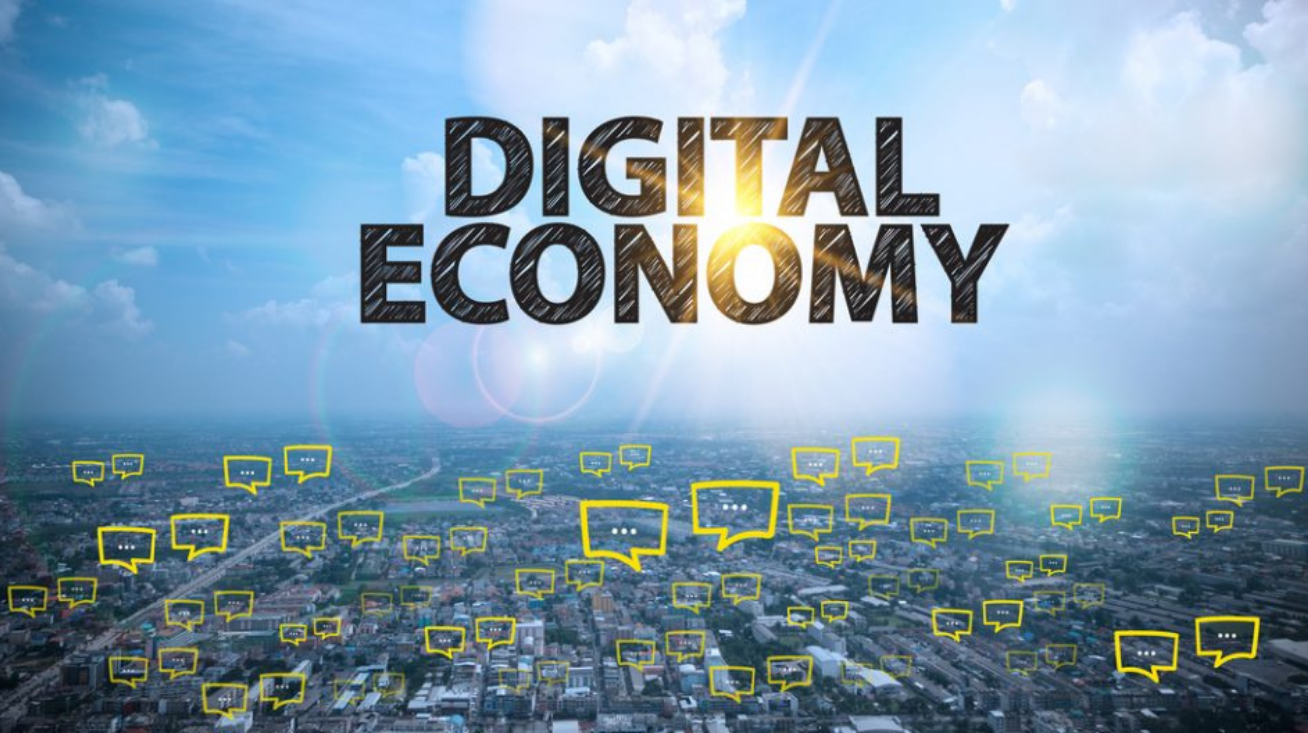Digital economy is starting to create a wave of disruption
- 24 Feb 2022
 FerozTech
FerozTech- Share

Digital economy needs to be governed through regulations and with the pace of technology change it has become very difficult to match the expectation of the regulator

The digital economy has started changing the industry landscape and its impact is emerging in each industry vertical in India. The telecom and financial institution industry vertical is aggressively building an enterprise architecture led digital ecosystem based upon open architecture platform with lots of data insight in the form of online analytical processing layer which is threatening to replace the conventional systems. Web portal and mobile app-based digital platform has started providing unique opportunity to refocus business growth which makes it sustainable in the long term. This has already started changing the traditional parameter on which businesses use to compete. And now the competitors have started collaborating on strategic initiatives through leveraging various digital platform along with advanced analytics to generate business synergies which is leading to new capabilities and proficiencies through a wave of strategic merger, acquisitions and partnership.
Digital economy led, open architecture platform nurture innovation by allowing developers to reuse the source code and develop a new varied service. At the same time it allows trusted external applications or organisation to access data via API's at the customer discretion which is used for seamless data integration and business transaction.
In India, the cross-industry effect of digital economy has increased drastically in last couple of years due to the introduction of e-commerce platform, online payment platform and online advertising segments. India's digital economy is not only focused on basic components like web, e-commerce and mobile app, but also the growth of investment in the field of Internet of Things (IoT), Big Data Platform and Artificial Intelligence (AI) is clearly visible and the same is adding to the growth of digital economy led business growth.
Redefinition of business model via the digital economy has already started creating waves of disruption. New business model and new ways of business dealing have started emerging, however, still there are organisations and enterprises which did not reap the benefit of the digital technologies and were unable to leverage the digital platform due to various operational and organisational reasons and now they have started feeling the heat of missing the bus and thus it is impacting their business with declining sales, market share and even some of them are at a verge of closure.
In this era of digital economy wherein a business operation is being run with customer personalisation by the use of big data platform generating information from smartphone and social media, and if the company does not adopt digital economy led technologies quickly then they will be forced to close their operations.
Digital economy needs to be governed through regulations and with the pace of technology change it has become very difficult to match the expectation of the regulator. For some of the industry vertical like banking, the data localisation-based regulations which requires backup of financial and payment information if stored overseas to be localised in India and regulations around the same is put in place which makes technology innovation and adoption like public cloud very difficult.
Regulations need to be effective without any constraint in the underlying technology architecture which makes it technology agnostic which should support innovation and the same needs to be built around customer protection, data privacy, financial regulation and intellectual property.
While this wave of digital economy-led business growth has massive positive impact in country's economic growth, at the same time regulations like data localisation could impact with massive cost overheads which should be controlled through a technology architecture within the ambit of information and cyber security.